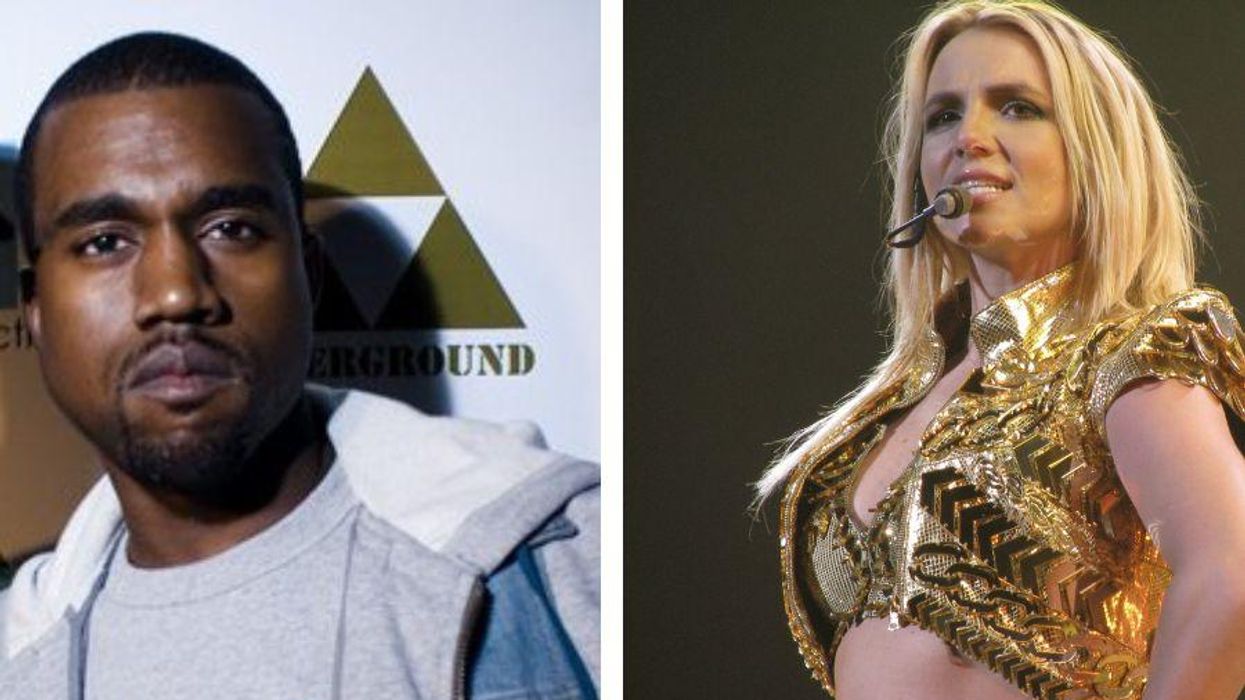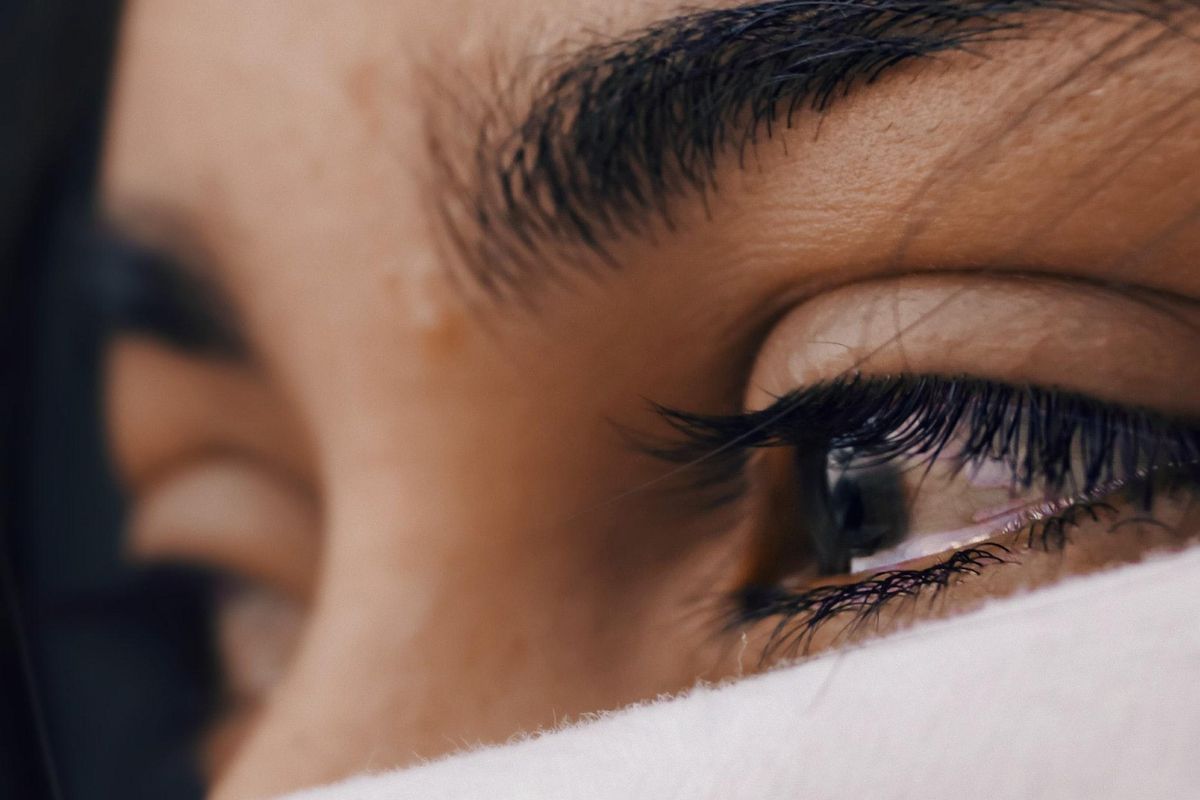
If there’s one thing that everyone thinks they’re an expert on when it comes to celebrities and public figures, it’s mental health. We hear the hot takes, read the think pieces and listen to the armchair therapists out there sharing their opinions. Oftentimes those opinions are based off a very limited experience and understanding of mental health conditions. When a celebrity or other public figure is called a jerk, narcissistic or downright crazy, it adds insult to injury as no one should be labeled with such dehumanizing terms.
It’s important to understand that no two people’s mental illness looks the same. Sure, there will be similarities between two people that experience the same mental health condition, that’s how you get the criteria needed to meet the diagnosis, but the diagnosis can affect people very differently. So an influencer or social media friend sharing their commentary on celebrities they share a diagnosis with is unfair and unhelpful. Having a mental illness only makes one an expert in how that particular mental illness affects oneself, not another person.

The same sentiment goes for therapists who don’t specialize or work with the population they’re discussing. When it comes to mental illness and fame, therapists have to ask themselves if their opinion needs to be on display for the entire world to see. The general public has little compassion for people in the public eye experiencing mental health crises. It seems that people would rather gawk and discuss what the person said or did instead of intentionally tuning out.
Accountability for poor behaviors and actions can come after the public figure has been deemed safe and of sound mind, but the accountability for the media should be in the moment. People across the globe would have no idea what a celebrity in the middle of a mental health crisis said if they didn’t have a camera and microphone in their face. People wouldn’t know what a celebrity did while in a mental health crisis if paparazzi wasn’t snapping a picture for media outlets to print and discuss. But we as consumers also have the responsibility to disengage from this type of content.
News stations, magazines and online media sources push stories they think their readers will be interested in, but are we really interested in seeing someone publicly struggle? Are we assuming that because they were able to make it to an interview they must be coherent enough to know what they’re saying? Being a celebrity with a severe mental health diagnosis is a double-edged sword because you can afford appropriate healthcare, but you also have people whose job it is to book you interviews and events and get you there. If an average person were to experience these things, would they be able to make these appearances?

It’s important to remember that public figures are still people. Their families are seeing a much fuller picture than you are and are likely unable to help in an effective way. The money to get to do the things that pop into your head at a moment’s notice is something the average person doesn’t have, so it can make the celebrity’s behavior seem much more extreme. Especially because the average person could have a fleeting thought but no means to complete it so they move on to the next thought.
Celebrities are people and people experience mental health crises. In the moments that they are unable to self-identify that there’s a problem, we should look away, because as long as we are consuming the downward spiral, we are inadvertently contributing to the behaviors.
